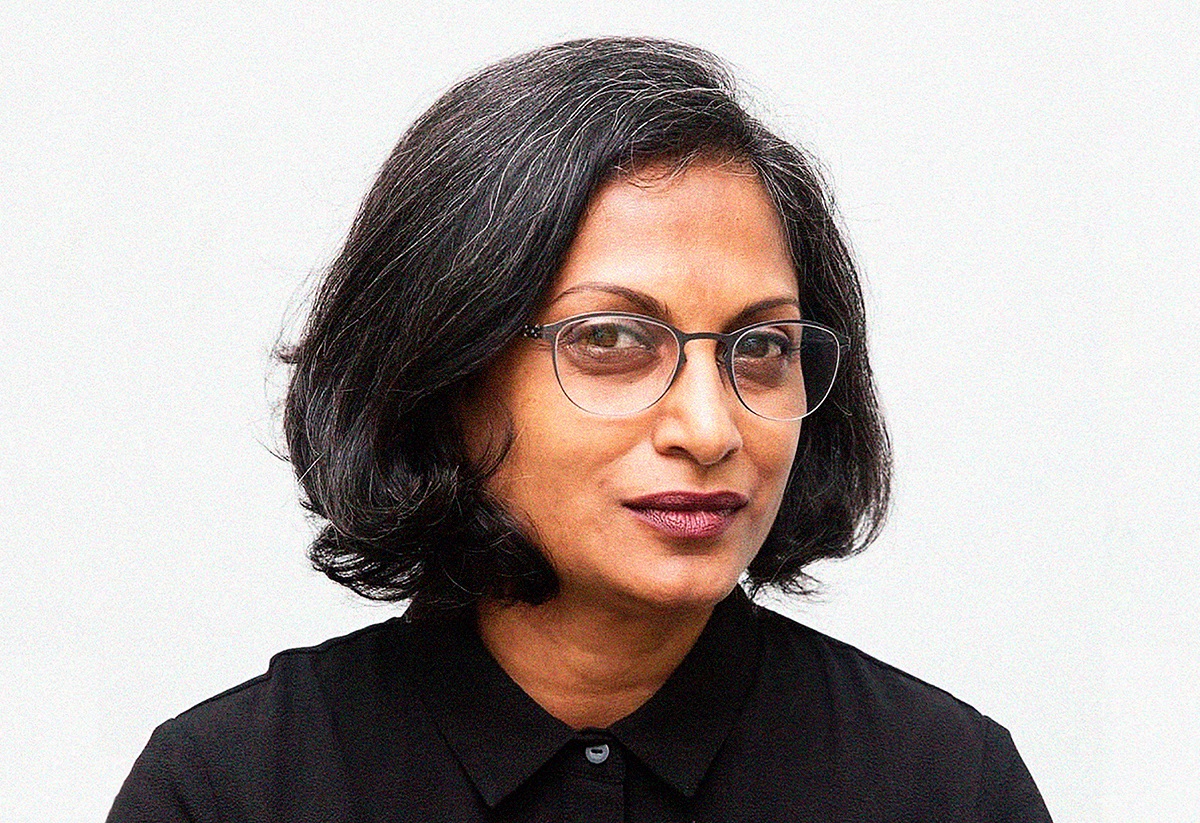News Flash
News Flash

DHAKA, Sept 5, 2025 (BSS) - Marina Tabassum, eminent architect, Chairperson of the Board of Directors of the Bangladesh National Museum, and Chief Consultant of the July Uprising Museum, has become the first Bangladeshi to win the prestigious Aga Khan Award for Architecture twice-this time for her innovative climate-resilient housing project, 'Khudi Bari' or climate-adaptive 'Little House'.
In an exclusive interview with Bangladesh Sangbad Sangstha (BSS), Tabassum discussed the inspiration, development, and future of Khudi Bari, a low-cost, portable housing solution designed for people displaced by river erosion and climate change.
"The idea of Khudi Bari emerged while researching the Lower Meghna River," she said, recalling her observations of repeated displacement in char areas like Bhairavi and Haimchar due to floods and shifting land.
"I realized that during floods, people are forced to move repeatedly. They need homes they can carry with them," she added.
Designed to be lightweight and mobile, a Khudi Bari home can be built in three days and dismantled in just three hours, offering flexibility for families in vulnerable areas.
The Kudi Bari project gained momentum after 2022 with funding from the Swiss Development Corporation. Tabassum initially tested the structures in Dhaka before expanding implementation to flood-prone districts including Chandpur, Sunamganj, Jamalpur, Kurigram, and Meghna Char.
"Construction had halted between 2020 and 2022. I then thought about what could be done for the char communities," she said.
"There should be a system that allows them to stay in their homes even during floods. If the char breaks or sinks, they can move to higher ground. This was the vision behind launching the Khudi Bari project," she added.
Each Khudi Bari costs around Tk 45,000, covering materials, labour, and transport. Homes are constructed using bamboo, steel joints, and other simple components, allowing communities to carry and reassemble them as needed.
During floods, residents can stay on the loft ('Macha') and drain out water when it recedes.
The initiative is managed by the non-profit Foundation for Architecture Community Equity (FACE), which supports climate refugees, nomadic populations, and low-income communities.
"FACE doesn't just provide housing; we also focus on livelihood development," Tabassum said.
So far, around 100 Khudi Bari homes have been built including some in Rohingya camps where community-based housing has been piloted with women's involvement, she informed.
Regarding the name, Tabassum shared that it was originally called "Khude Bari" but later changed to "Khudi Bari" on the suggestion of fellow architect Arman.
About the building cost and process of the Khudi bari, she said, "There's no value in giving it away for free. We create partnerships-the family builds the floor, we provide the structure."
Priority is given to the most vulnerable groups, including the elderly, widows, and helpless families. "If someone shows interest, we often support them even with our own funds," she said.
"We attempted to integrate it with the previous government's 'Ashrayan Project'. Officials inspected it, but it was not implemented. Just as the earlier 'Grameen Housing' project created a stir, Khudi Bari addresses a pressing need today," Tabassum added.
Marina Tabassum previously received the Aga Khan Award in 2016 for the Bait Ur Rouf Mosque in Dhaka, renowned for its unique play of light and shadow and the UK's Soane Medal in 2021.
This year, the Aga Khan Award for Architecture recognized seven projects, with formal prize distribution scheduled for September 15 in Bishkek, Kyrgyzstan.
"This award belongs not just to me, but to our entire team-FACE, our partners, and the communities we serve," she said.